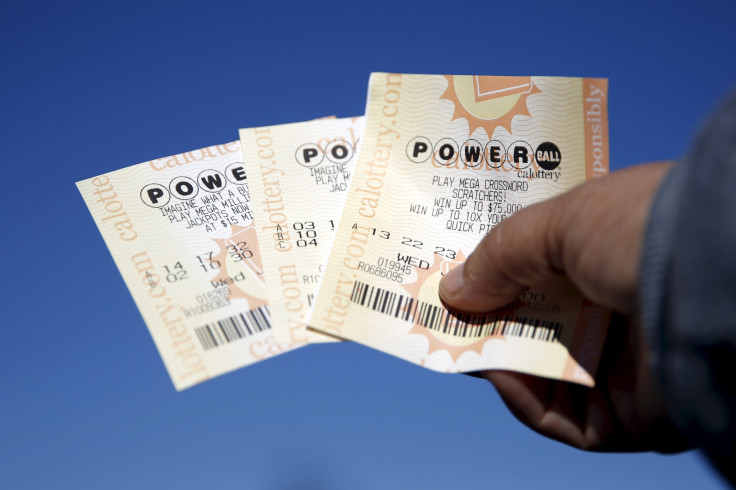Playing The Lottery: The Big Mistake Most Winners Make

Every year, millions of people play the lottery, handing over their hard-earned money to try to get rich in the quickest way possible. With multistate lotteries like Powerball and Mega Millions offering prizes that are often in the hundreds of millions and have sometimes topped the billion-dollar mark, nearly all lottery winners find their way into the spotlight.
Why most people say you should take the lump sum
To understand why most financial advisors argue you should take the lump sum, you first have to know what the two options really entail. Rules differ across various lottery programs, but for the Powerball and Mega Millions lotteries, here's how it works:
- The winner can choose to take his or her prize over 30 graduated payments, with the first paid immediately and the rest paid annually over the next 29 years. Each payment is 5% larger than the previous one. For every $100 million in the prize pool, the first-year payment is around $1.5 million and eventually grows to almost $6.2 million by the last payout.
- Instead, the winner can choose to receive a smaller cash amount all upfront in a lump sum. The lump sum amount is calculated based on what the lottery program would need to invest in U.S. government securities in order to fund the annual payouts under the annuity option. Currently, lottery winners have to take a discount of between $37 million and $38 million per $100 million in jackpot amount to get the lump sum.
Knowing how the numbers are calculated makes it easier to figure out why taking the lump sum is typically the recommended choice. The lump sum amount is based on investing in Treasury bonds, which have historically had a relatively low rate of return compared with stocks. If you take that amount and then put it into higher-returning investments, then you should be able to produce better returns and end up with more money. Moreover, taking the lump sum means not having to worry about whether the lottery program will make good on its annuity payment obligations in the future -- a minor concern but still one that bothers winners.
There are some countervailing financial reasons to take the annuity, however. When you take the lump sum, the entire amount is taxed immediately. That makes nearly all of a typical Powerball or Mega Millions prize subject to tax at the highest possible rate. By contrast, if you break your winnings into smaller pieces, only the amount you receive each year gets treated as taxable income. That gives you more access to lower tax brackets over the long run. It also leaves you exposed to changes in tax rates, which can help you if they fall in the future or hurt you if they go up.
The best reason to break up your payments
However, there are more practical reasons to avoid the lump sum, having to do with human nature. Many lottery winners have a lot of difficulty hanging onto their newfound wealth for a variety of reasons:
- Most winners have never had to manage large amounts of money. That leaves them either having to pay substantial sums for professional management or making investment decisions on their own. Either way, winners are exposed to potentially catastrophic outcomes if they pick investments or investment advisors poorly.
- With a lump sum, the pressure to share the wealth can be irresistible. Between family, friends, community members, and the broader public at large, lottery winners often find themselves bombarded by financial requests.
- Given the monumental amounts of money involved, it can be tempting to think that lottery money will last forever. Winners therefore often fail to come up with financial plans on what to do with their winnings.
In that light, taking payments over 30 years has huge advantages. It essentially forces you into a financial plan, giving you access to just a portion of your total winnings each year. It gives you time to get used to the idea of having significant wealth, and you can make big mistakes and learn from them without blowing your entire winnings. Even if you go through the entire annual check, you'll just have to wait a few months until the next one comes.
Yet as life-changing as winning the lottery can be, it also requires winners to make a smart initial decision: whether to take a reduced lump sum upfront or receive the full amount of the jackpot over a long period of time through yearly annuity payments. Most lottery winners choose the lump sum, and although that might well be what the math would tell you to do in most cases, passing up the annuity is often a huge mistake that can prove to be devastating.
It's not always about maximizing wealth
Lottery winners quickly learn that despite the temptation of having full access to their entire winnings, the more successful way to handle their good fortune is to recognize that their windfall has to last a long time. Even if it means getting less money, the odds of a happy outcome are a lot better by electing to take payments over time rather than all upfront.
The Motley Fool has a disclosure policy. Click here for the original version of this article.
© Copyright IBTimes 2024. All rights reserved.




















